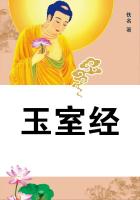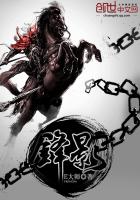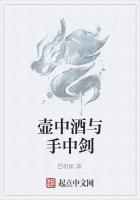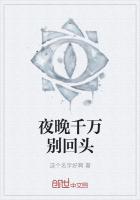is present in his definition; Callias is a particular animal.-(3)Whatever attribute a thing receives in itself directly or in one of its parts; e.g. a surface is white in virtue of itself, and a man is alive in virtue of himself; for the soul, in which life directly resides, is a part of the man.-(4) That which has no cause other than itself; man has more than one cause--animal, two-footed--but yet man is man in virtue of himself.-(5) Whatever attributes belong to a thing alone, and in so far as they belong to it merely by virtue of itself considered apart by itself.
19
'Disposition' means the arrangement of that which has parts, in respect either of place or of potency or of kind; for there must be a certain position, as even the word 'disposition' shows.
20
'Having' means (1) a kind of activity of the haver and of what he has-something like an action or movement. For when one thing makes and one is made, between them there is a making; so too between him who has a garment and the garment which he has there is a having. This sort of having, then, evidently we cannot have; for the process will go on to infinity, if it is to be possible to have the having of what we have.-(2) 'Having' or 'habit' means a disposition according to which that which is disposed is either well or ill disposed, and either in itself or with reference to something else;e.g. health is a 'habit'; for it is such a disposition.-(3) We speak of a 'habit' if there is a portion of such a disposition; and so even the excellence of the parts is a 'habit' of the whole thing.
21
'Affection' means (1) a quality in respect of which a thing can be altered, e.g. white and black, sweet and bitter, heaviness and lightness, and all others of the kind.-(2) The actualization of these-the already accomplished alterations.-(3) Especially, injurious alterations and movements, and, above all painful injuries.-(4) Misfortunes and painful experiences when on a large scale are called affections.
22
We speak of 'privation' (1) if something has not one of the attributes which a thing might naturally have, even if this thing itself would not naturally have it; e.g. a plant is said to be 'deprived' of eyes.-(2) If, though either the thing itself or its genus would naturally have an attribute, it has it not; e.g. a blind man and a mole are in different senses 'deprived' of sight; the latter in contrast with its genus, the former in contrast with his own normal nature.-(3) If, though it would naturally have the attribute, and when it would naturally have it, it has it not; for blindness is a privation, but one is not 'blind' at any and every age, but only if one has not sight at the age at which one would naturally have it.
Similarly a thing is called blind if it has not sight in the medium in which, and in respect of the organ in respect of which, and with reference to the object with reference to which, and in the circumstances in which, it would naturally have it.-(4) The violent taking away of anything is called privation.
Indeed there are just as many kinds of privations as there are of words with negative prefixes; for a thing is called unequal because it has not equality though it would naturally have it, and invisible either because it has no colour at all or because it has a poor colour, and apodous either because it has no feet at all or because it has imperfect feet. Again, a privative term may be used because the thing has little of the attribute (and this means having it in a sense imperfectly), e.g. 'kernel-less'; or because it has it not easily or not well (e.g. we call a thing uncuttable not only if it cannot be cut but also if it cannot be cut easily or well); or because it has not the attribute at all; for it is not the one-eyed man but he who is sightless in both eyes that is called blind. This is why not every man is 'good' or 'bad', 'just' or 'unjust', but there is also an intermediate state.
23
To 'have' or 'hold' means many things:-(1) to treat a thing according to one's own nature or according to one's own impulse; so that fever is said to have a man, and tyrants to have their cities, and people to have the clothes they wear.-(2) That in which a thing is present as in something receptive of it is said to have the thing;e.g. the bronze has the form of the statue, and the body has the disease.-(3) As that which contains holds the things contained; for a thing is said to be held by that in which it is as in a container;e.g. we say that the vessel holds the liquid and the city holds men and the ship sailors; and so too that the whole holds the parts.-(4)That which hinders a thing from moving or acting according to its own impulse is said to hold it, as pillars hold the incumbent weights, and as the poets make Atlas hold the heavens, implying that otherwise they would collapse on the earth, as some of the natural philosophers also say. In this way also that which holds things together is said to hold the things it holds together, since they would otherwise separate, each according to its own impulse.
'Being in something' has similar and corresponding meanings to 'holding' or 'having'.
24
'To come from something' means (1) to come from something as from matter, and this in two senses, either in respect of the highest genus or in respect of the lowest species; e.g. in a sense all things that can be melted come from water, but in a sense the statue comes from bronze.-(2) As from the first moving principle; e.g.

